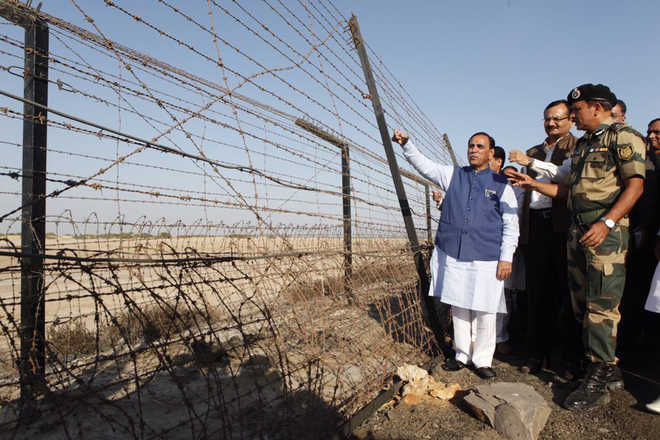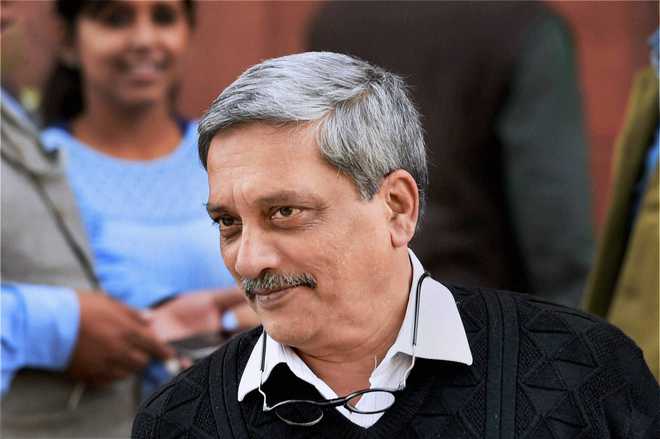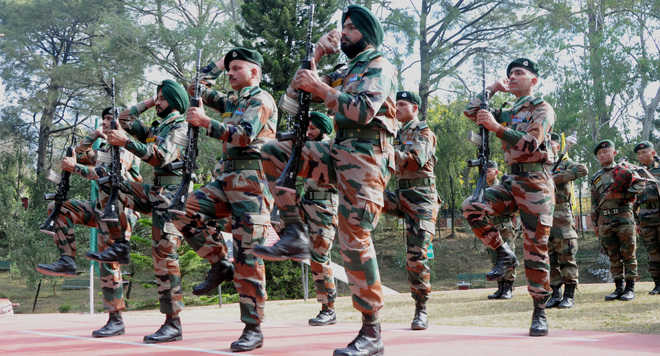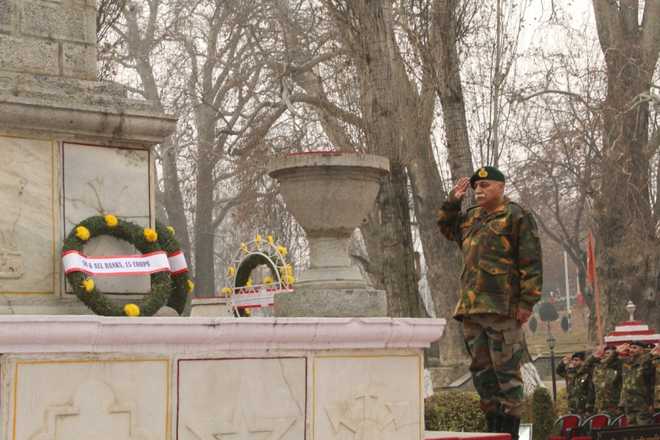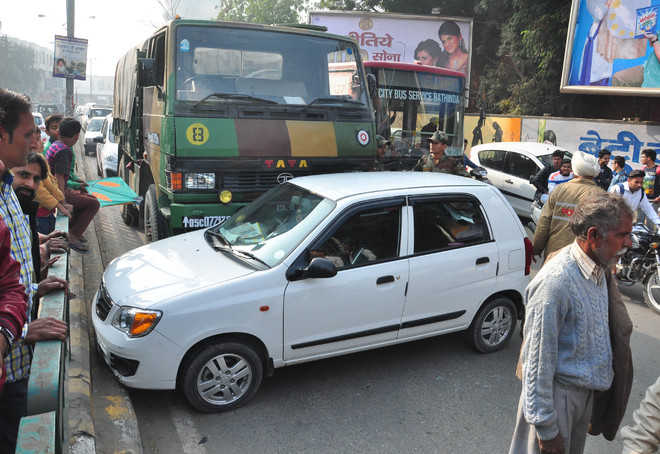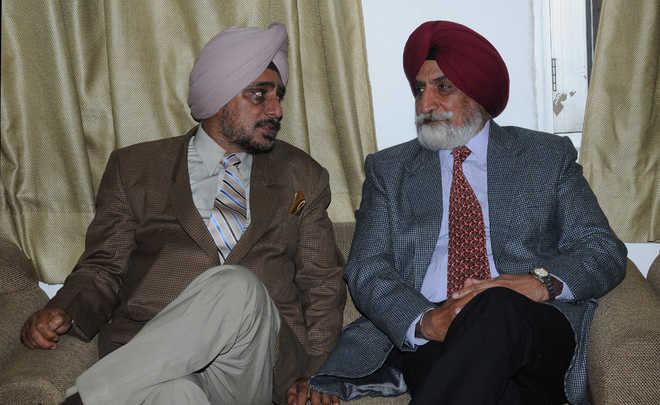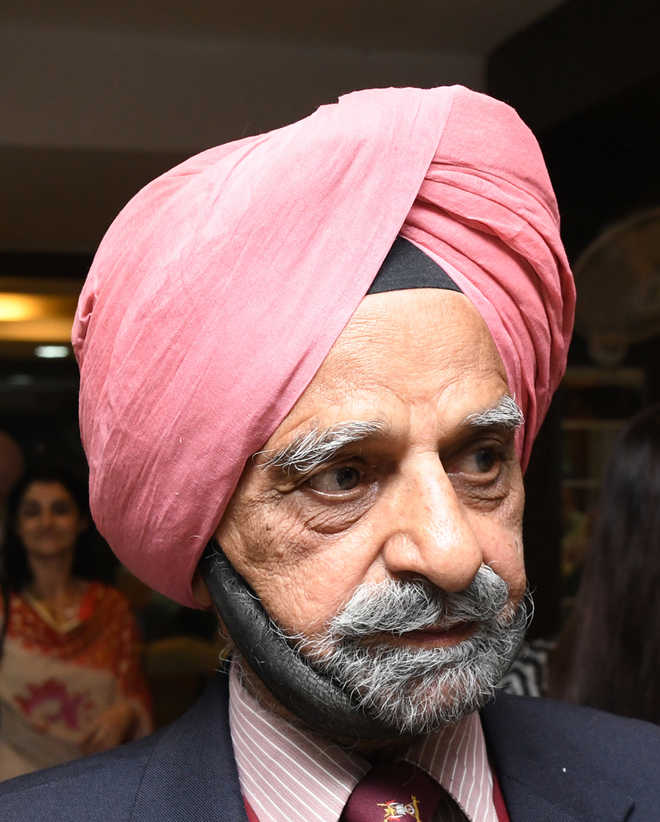Accused forged affidavits to acquire more than 1 plot under reserved category
ROHTAK: The district police on Friday booked 16 people, including serving and retired army personnel of the ranks of Major, Colonel and Lieutenant Colonel, for fraudulently acquiring more than one plot in Haryana Urban Development Authority (HUDA) under the reserved category by allegedly submitting false affidavits and defying the laid norms. Sources say most of the accused belong to Rohtak and Jhajjar. ROHTAK: The district police on Friday booked 16 people, including serving and retired army personnel of the ranks of Major, Colonel and Lieutenant Colonel, for fraudulently acquiring more than one plot in Haryana Urban Development Authority (HUDA) under the reserved category by allegedly submitting false affidavits and defying the laid norms.
The Punjab and Haryana high court in 2013 had directed the officials to probe a similar case of allotment, after which more such people came under the scanner of HUDA.
Sources say most of the accused belong to Rohtak and Jhajjar.
The complaint was submitted by an estate officer of HUDA, who stated that as per their policy, terms and conditions, an applicant can avail the benefit of allotment of plot under the reserved category only once in a lifetime.
“However, all these accused gained the benefit more than once by submitting false affidavits and concealing facts,” the complainant stated.
“The accused applicants were issued showcause notices to justify the allotment of more than one plot, however, they failed to give a response,” he added.
One of the accused was allotted a plot in Sector 2 in Rohtak in 2001, based on his affidavit and other documents.
However, the department, in its inquiry, found that he already owned a plot in Sector 45 in Gurgaon which was alloted to him in 1998 under the reserved category.
Based on the estate officer’s complaint, the police have registered separate first information reports (FIRs) against each of the accused under Sections 193 (punishment for false evidence), 420 (cheating and dishonestly inducing delivery of property) and other suitable sections of the Indian Penal Code (IPC).
SHO Urban Estate Ramesh Kumar said they were in the process of identifying more such cases.
The Punjab and Haryana high court in 2013 had directed the officials to probe a similar case of allotment, after which more such people came under the scanner of HUDA.
Sources said the government was ordering an inquiry to identify senior bureaucrats who also allegedly took advantage of the policy by defying the norms.
Army officers ‘gave’ false affidavits for HUDA plots
16 FIRs registered in Rohtak; 24 more complaints lodged by dept
Sunit Dhawan
Tribune News Service
Rohtak, December 30
Several cases of applicants submitting false affidavits for the allotment of HUDA plots under reserved categories have come to light.These applicants, who include several serving as well as retired officers of the armed forces, had allegedly concealed facts and given false affidavits to get more than one HUDA plot by hoodwinking the department.HUDA Estate Officer Amit Kumar Gulia told The Tribune that they had lodged 40 complaints against the applicants who had concealed facts and submitted false affidavits for allotment of multiple plots.“After detecting undue claims and concealment of facts in affidavits, we gave show-cause notices to the applicants under the scanner. When no response was received from the applicants or the response was found to be unsatisfactory, we proceeded with the registration of FIRs,” he maintained.Gulia revealed that the applicants against whom the police complaints had been lodged included serving as well as former Army officers up to the rank of Brigadier. Such applicants also included paramilitary officials and members of other reserved categories, he added.Rohtak SP Pankaj Nain confirmed to The Tribune that that the registration of FIRs was in progress on complaints received by the HUDA authorities in this regard and further investigation would be carried out subsequently.At the time of filing of this report, an official police spokesperson disclosed that 16 FIRs had been registered and registration of more FIRs was in progress.Nearly 30 such FIRs had been registered in Rohtak on similar grounds about a year ago. The HUDA authorities across the state had been filing police complaints regarding allotment of multiple plots on the basis of concealment of facts and submission of false affidavits.












